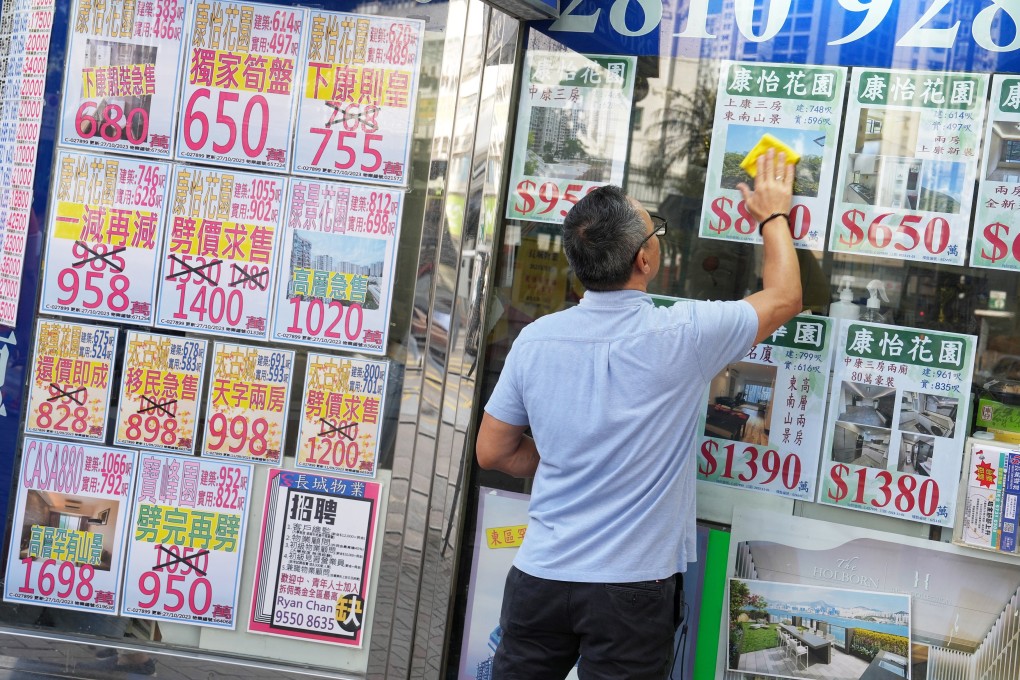Advertisement
Opinion | Why now is the best time to buy Hong Kong property in 15 years
- Prices are down and long-term demand is healthy as the Greater Bay Area develops and more mainlanders settle in the city
- Residents with long-term plans can purchase property now without too much competition from overseas investors
Reading Time:3 minutes
Why you can trust SCMP
12

It seems as if we say it every year, but 2023 has been quite a year for Hong Kong property. Despite caution in the market and lingering naysayers, real estate is presenting the kind of opportunity that hasn’t been seen in 15, possibly 20, years.
For anyone in for the long haul, Hong Kong’s market offers the best investment option of all asset classes.
Perhaps more than any other industry, real estate moves in cycles. We are at an inflection point in Hong Kong and, in contrast to recent history, buyers have to ask themselves why they are purchasing property.
Advertisement
Taking advantage of unhealthily skyrocketing prices to flip the asset for a short-term gain is a thing of the past. Given that the right bank deposit will offer 5 per cent interest vs a rental yield of 2 per cent, an argument needs to be made for a property purchase for anyone with enough money for a down payment.
The residential market has fallen, by about 20 per cent since last year, and no one is anticipating prices will start rising any time soon.
Advertisement
The war in Ukraine and fresh conflict in the Middle East do not help to quell jitters. But Hong Kong is still a solid and safe long-term investment, especially for those who plan to live in the property. Here’s why.
Advertisement
Select Voice
Select Speed
1.00x
